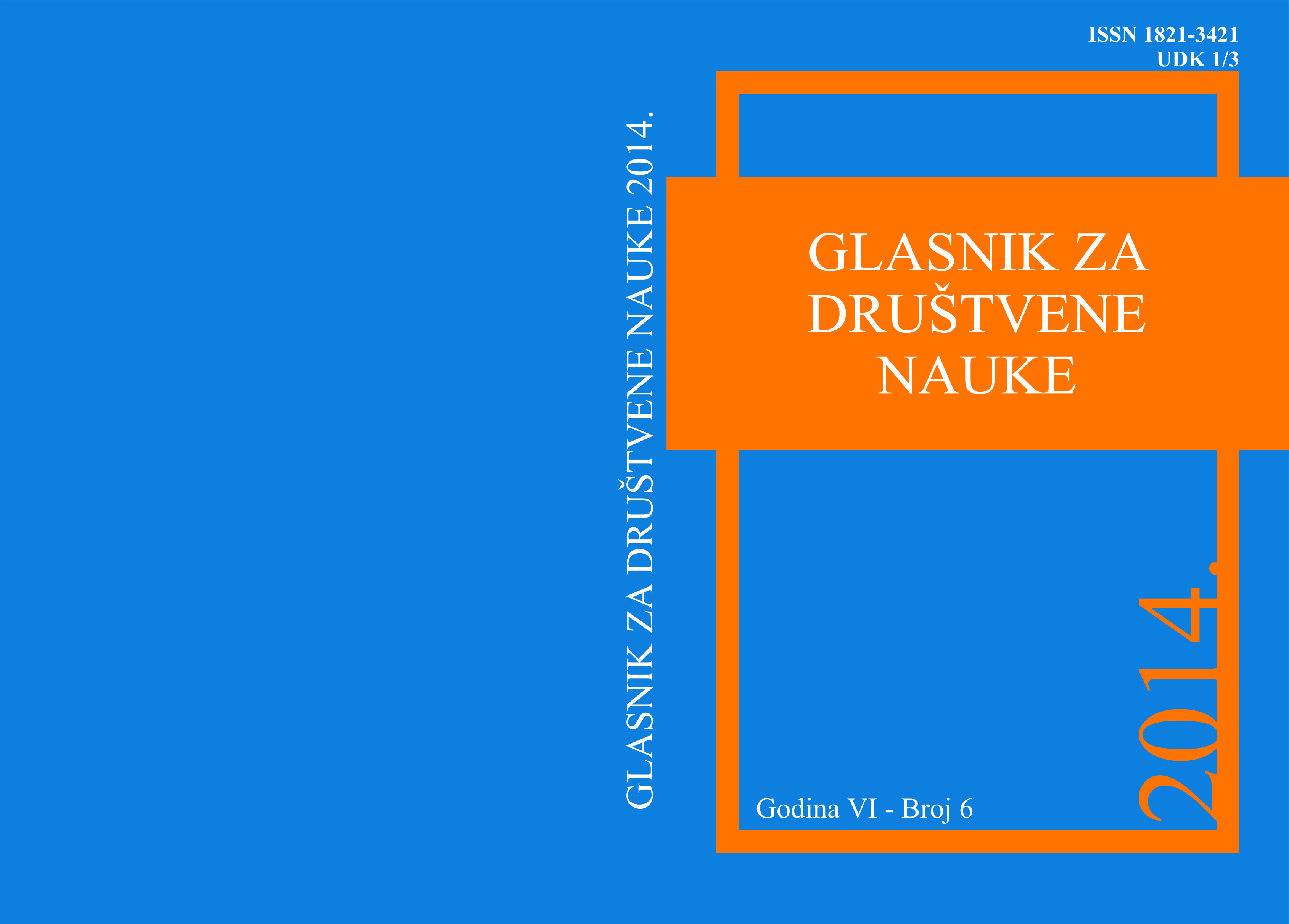Financial function of renewable energy sources in Serbia
Keywords:
renewable energy, financial functions, investments, production.Abstract
The potential of Serbia in renewable energy is important, especially when it comes to solar, wind and water power. Investments in renewable energy sources require large investments, so small and heavily indebted countries can not finance themselves. Production, transmission and use of energy from renewable sources in Serbia are largely determined by financial investments and incentives from the government, foreign investors, or mixed sources. Developing countries are condemned to economic dependence on the developed countries, but the financial effects of investments in the development of renewable energy sources are not always clearly defined. Exploitation of renewable energy sources initially requires huge financial resources and the advantages of these energy sources are only visible after a certain period of time. Renewable energy sources are often local or national in nature, so their funding can contribute to the development of the market, industry, job creation, and thus to economic growth and development. The paper points out the significance of the expected reduction in the cost of energy production from renewable sources, thanks to government support, legislation, scientific and technological development, which make it possible to overcome the forthcoming energy crisis in Serbia.
References
Gvozdenac, D., Nakomčić-Smaragdakis, B, Gvoz¬denac-Urošević, B., (2010): Obnovljivi izvori energije, Fa¬kultet tehničkih nauka, Novi Sad.
Domazet, S., Redžepagić, S., (2013): Državna pomoć za investicije u proizvodnji električne energije, kao odgovor na liberalizaciju elektroenergetskog tržišta EU, Ecologica, Vol. 20, No. 71.
Đajić, N., (2002): Energija za održivi svet, Rudarsko-geološki fakultet, Beograd.
Đoković, G., Vuković. A., Rončević. D., (2013): Zastupljenost organskih prehrambenih proizvoda u svetskim trgovinskim tokovima, Ecologica, Vol. 720, No. 72.
EurActiv, http://www.euractiv.rs/odrzivi-razvoj/2272-obnovljivi-izvori-energije-energetska-budunost , pristupljeno 24.04.2013.
Mihailović-Milanović, Z., (2010): Obnovljivi izvori energije, Uvod u ekonomiju održive energetike, Megatrend univerzitet, Beograd.
Milunović, M., Jerinić, D., (2013): Osnovi ekonomije, Cekom books, Sremski Karlovci.
Ministarstvo energetike, razvoja i zaštite životne sredine Republike Srbije, 2013, Nacrt strategije razvoja energetike Republike Srbije za period do 2025. godine sa projekcijama do 2030. godine,
http://energetskiportal.rs/dokumenta/Strategije/Nacrt%20strategije%20razvoja%20energetike%20Republike%20Srbije%20za%20period%20do%202025.%20godine%20sa%20projekcijama%20do%202030.%20godine.pdf , pristupljeno 20.09.2014.
Ministarstvo energetike, razvoja i zaštite životne sredine Republike Srbije, 2013, Nacionalni akcioni plan za korišćenje obnovljivih izvora energije Republike Srbije, http://energetskiportal.rs/dokumenta/Strategije/Nacionali%20akcioni%20plan%20za%20obnovljive%20izvore%20energije.pdf, pristupljeno 22.09.2014.
Ocić, O., (2005): Očekivane prespektive uvođenja biodizela, Biodizel, alternativno i ekološko tečno gorivo, Poljo¬privredni fakultet, Novi Sad.
Prnjat, A., (2012): Apokalipsa bez otkrivenja – Svetozar Stojanović o mogućnosti samouništenja čovečanstva, Theoria, Vol. 55, No. 4.
Riznić, D. T., Manić, M., Obradović, Z., (2013): Ekonomsko-ekološki aspekti korišćenja termomineralnih izvora Srbije i klimatske promene, Ecologica, Vol. 20, No 70.
Downloads
Published
Issue
Section
License

This work is licensed under a Creative Commons Attribution-NonCommercial-NoDerivatives 4.0 International License.


